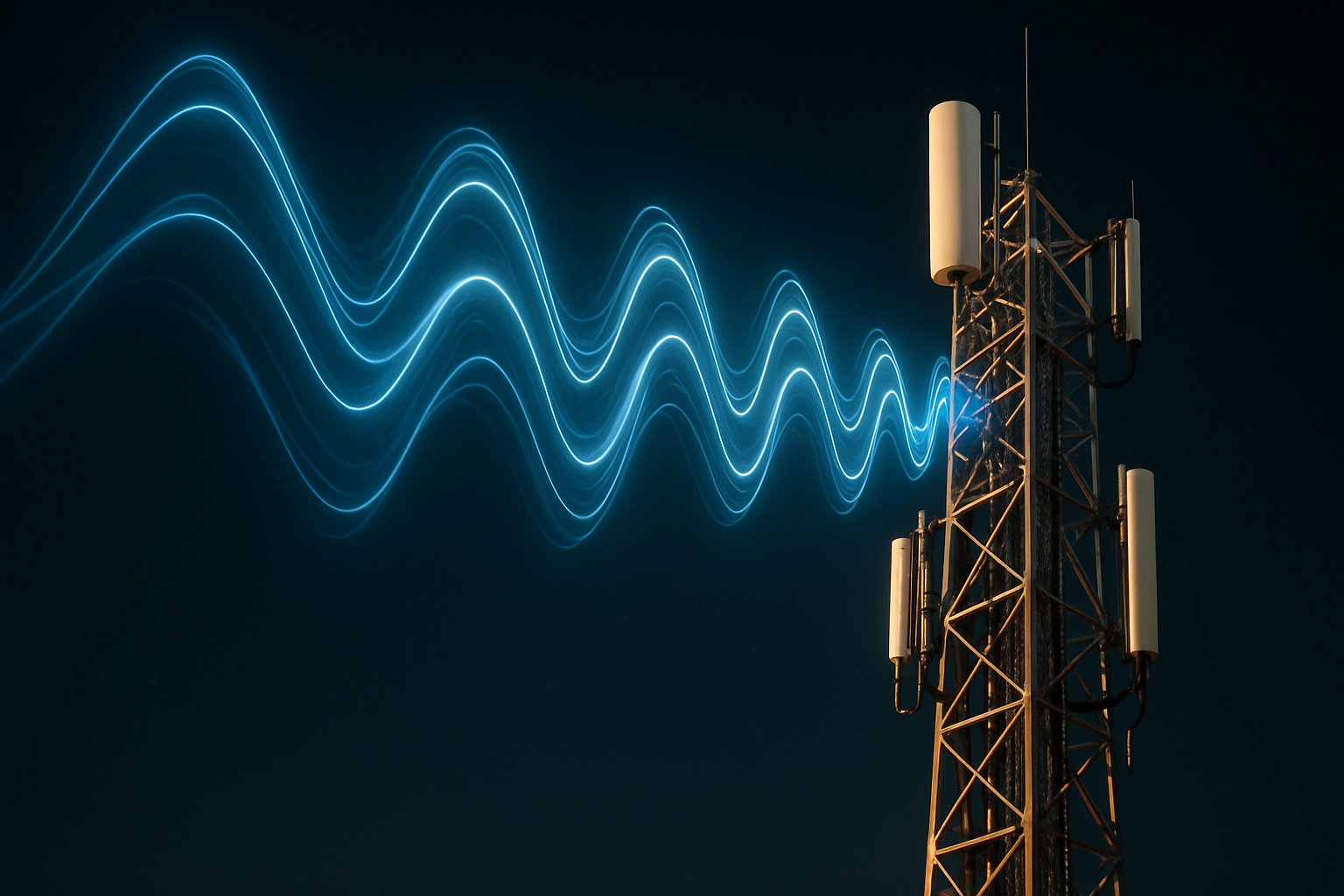The Silent Revolution: Introverts Reshaping Workplace Dynamics
Quiet strength is reshaping the modern workplace. As introverts assert their value and companies recognize their unique contributions, a paradigm shift is underway. This silent revolution challenges traditional notions of leadership and success, promising a more inclusive and balanced professional landscape. Read below to explore how introverts are transforming work culture and redefining success in the 21st century.

The Rise of Introvert-Friendly Workplaces
The traditional office environment, with its open floor plans and emphasis on constant collaboration, has long been a challenging space for introverts. However, recent years have seen a dramatic shift in workplace design and culture. Companies are increasingly recognizing the value of creating spaces that cater to different working styles, including those that allow for quiet reflection and focused individual work.
This change is not merely cosmetic. It reflects a deeper understanding of cognitive diversity and the various ways in which people process information and generate ideas. By providing quiet zones, private workspaces, and flexible schedules, organizations are tapping into the full potential of their introverted employees, who often thrive in environments that allow for deep concentration and minimal distractions.
Redefining Leadership in the Introvert’s Image
The stereotype of the charismatic, outgoing leader is being challenged as more introverts ascend to leadership positions. These quiet leaders are demonstrating that effective leadership is not about being the loudest voice in the room, but about listening, reflecting, and making thoughtful decisions.
Introverted leaders often excel in areas such as strategic thinking, empathy, and written communication. They tend to be more deliberate in their decision-making processes, which can lead to more thoroughly considered outcomes. Moreover, their ability to listen deeply and process complex information makes them particularly adept at navigating the nuances of today’s complex business environments.
The Power of Deep Work in a Distracted World
In an age of constant connectivity and information overload, the introvert’s natural inclination towards deep, focused work is becoming increasingly valuable. Cal Newport’s concept of deep work - the ability to focus without distraction on a cognitively demanding task - aligns closely with many introverts’ preferred working style.
Organizations are beginning to recognize that this type of intense, uninterrupted focus is essential for innovation and problem-solving in complex fields. As a result, there’s a growing emphasis on creating work environments and schedules that facilitate deep work, benefiting not just introverts but all employees who need to engage in concentrated efforts.
Introversion and the Digital Workplace
The shift towards remote and hybrid work models, accelerated by recent global events, has created new opportunities for introverts to thrive professionally. Digital communication tools often play to introverts’ strengths, allowing for more thoughtful, written interactions and the ability to contribute to discussions without the pressure of immediate verbal responses.
Virtual meetings, when well-managed, can provide a more level playing field where introverts can contribute their ideas without feeling overwhelmed by more extroverted colleagues. Additionally, the flexibility of remote work allows introverts to create personal environments that best suit their working style, potentially leading to increased productivity and job satisfaction.
The Collaborative Power of Introvert-Extrovert Partnerships
As the value of introversion in the workplace becomes more recognized, there’s also a growing appreciation for the power of introvert-extrovert partnerships. When paired effectively, these partnerships can create a dynamic balance, combining the extrovert’s energy and quick thinking with the introvert’s depth of reflection and attention to detail.
Successful organizations are learning to leverage these complementary strengths, creating diverse teams that can tackle complex problems from multiple angles. This approach not only leads to more innovative solutions but also fosters a more inclusive workplace culture that values a wide range of personality types and working styles.
The quiet revolution led by introverts in the workplace is fundamentally changing how we think about productivity, leadership, and success. By embracing the strengths of introverted individuals - their capacity for deep thought, careful analysis, and empathetic listening - organizations are unlocking new potentials for innovation and growth.
This shift represents more than just a trend; it’s a necessary evolution in our understanding of human potential in the professional world. As we move forward, the most successful organizations will be those that can create truly inclusive environments, valuing and leveraging the strengths of all personality types.
The introvert’s revolution in the workplace is silent but profound. It challenges us to rethink our assumptions about what makes an effective employee or leader, and in doing so, it opens up new possibilities for personal and organizational success in the 21st century. As this quiet transformation continues, we can look forward to more balanced, thoughtful, and innovative workplaces that harness the full spectrum of human potential.






